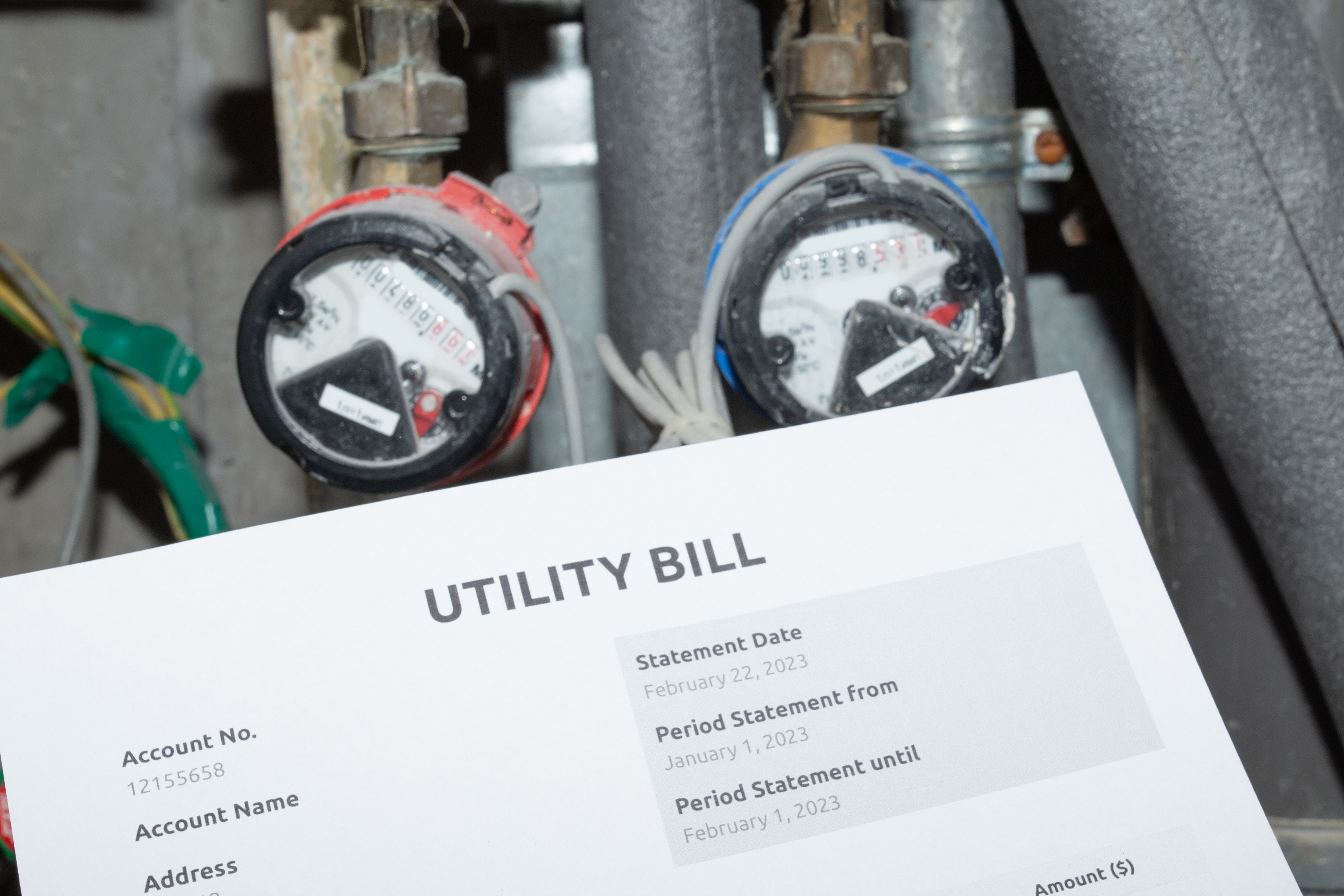In an attempt to create water efficiency campaigns that stay salient in people’s minds, companies have often relied on creating weird and unique content. Typically, the goal is to rely on the comedy and shock factors to make their messages prominent in the minds of their audience. The logic is that by creating something unexpected (e.g. sex and water efficiency), people are more likely to engage with, talk about and remember it.
Here are three examples of some very creative ways in which companies have tried to encourage water efficiency through campaigns.
1 – Shower pooling by Ace/Lynx
The brand Axe/Lynx – known for its tongue-in-cheek marketing – encouraged young people to shower with their chosen partner to reduce the amount of water used when two people shower separately. This campaign might work well to make people aware of the water scarcity problem, but whether it leads to increased shared showers in the long term is unclear.
2 – Sex in San Francisco
Similar to “Shower Pooling”, San Francisco has taken a liberal approach to utilities advertising using the power of sexual suggestion. The city’s “Water Conservation is Smart and Sexy” campaign features voluptuous shots of shiny water features along with suggestive messages, such as “Replace Your Old Toilet and Get Paid for Doing It.” Because of their provocative nature, people have listened to – and watched -the campaign ads “for fun”, while being educated at the same time.
3 – Wasting is Weird
How do you normalise water conservation?
You make wasteful behaviour weird.
That’s the underlying premise of a campaign developed by the US Environmental Protection Agency. The series of videos shows the fictional character, “Rip the Drip”, appearing whenever people are engaging in wasteful behaviours, such as leaving the tap running while brushing their teeth. His presence uncomfortably highlights the weirdness of the wasteful behaviour, which encourages them to stop. This campaign is great as rather than just informing people or selling a positive spin on making a lifestyle sacrifice for water conservation, the campaign tries to associate wasteful behaviour with anti-social or weird behaviour. While it was probably very successful in making the issues salient, it doesn’t necessarily make the wasteful behaviour weird by itself. If anything, it may even be counterproductive by highlighting that many people adopt these wasteful behaviours, such as turning on your dishwasher before its full.
It’s great to see companies trying to align their brand with important issues, such as water scarcity. It’s even greater to see companies experiment with weird and wonderful ways to engage their audience. Unfortunately, like most mass media campaigns, its effect on long term behaviour has rarely been found. Once the novelty and the humour of the campaign wears off, and the next trend comes along, many of the messages conveyed by the campaign will often be stored in the back of the mind.
On the off chance that the message is remembered, that message alone is rarely enough to invoke continuous actions. In an interview by CityLab with Wesley Schulz, one of the early figures to use social norms on household energy consumption, he said that “mass media campaigns, by and large, are ineffective at changing behaviour. The research is really consistent in showing that what you’ll get is raised awareness—and that’s about it”.
So when it comes to creating lasting water efficient behaviours, the messages need to be:
personalised – so every individual can identify and relate to it;
Timely – not just a “one shot” attempt, but an ongoing interaction at the right moments;
Motivating – whether it’s the desire to behave like other people or a sense of competition to be better than everyone else, the content needs to be strong enough actually motivate action.
Interested in the future of utilities ?



